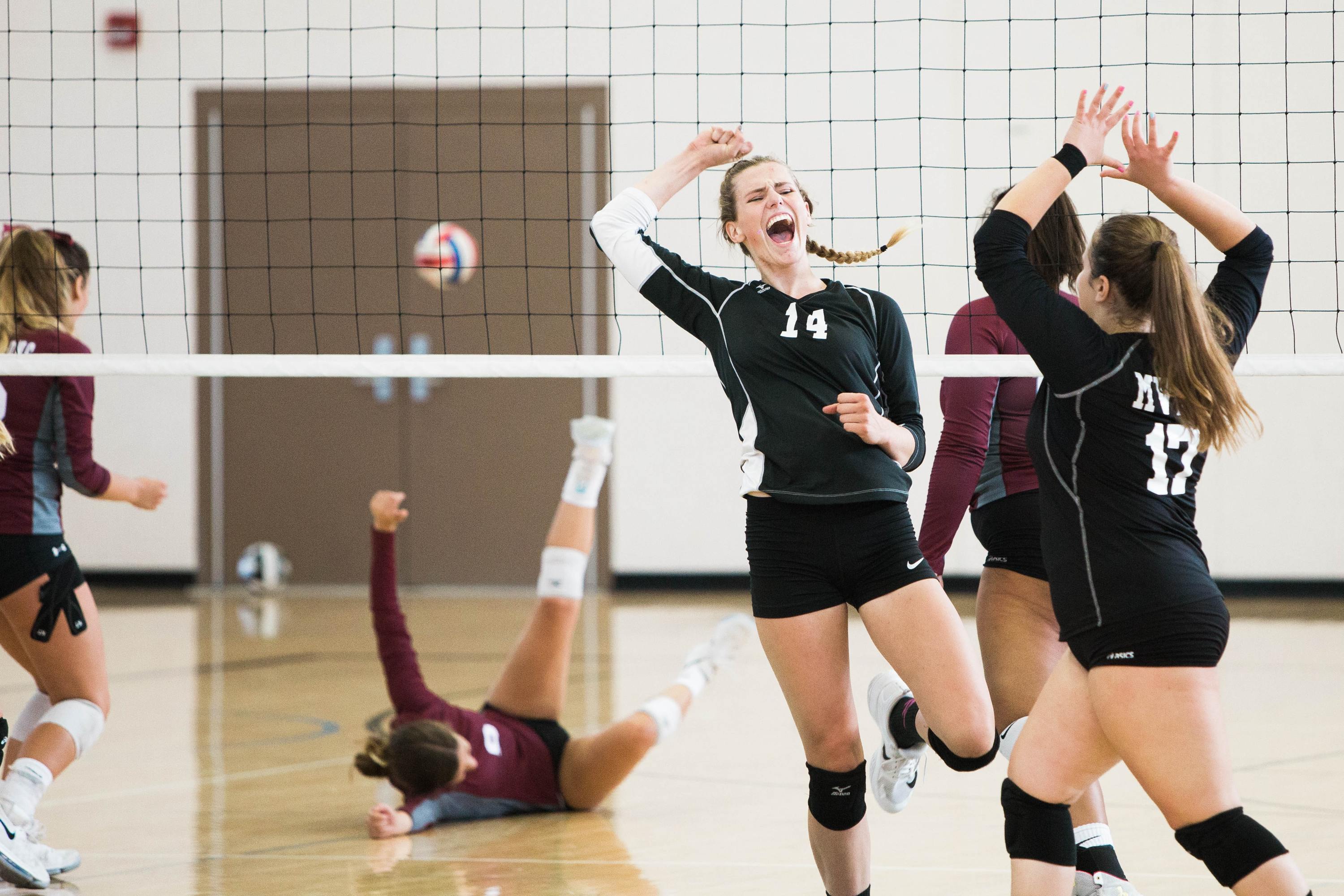PE (Physical Education)
Back
Physical Education allows you to combine continuing to pursue your passion for competitive sport, with learning about the fundamental scientific principles which underpin human performance. It is also one of the broadest subjects you can undertake, applying principles of Biology, Psychology, Sociology and Physics, making it very useful for a range of progression options.
Students begin Year 12 working on the non-examined assessment - NEA (coursework) element of the programme, the first section of which relies on evidence of learner’s competitive sport. In order to be successful in this aspect of the course, video footage will need to be gathered (a guide to support students and parents/guardians will be available at all open events), learners will also produce a written report or deliver a presentation which analyses two weaknesses in their own competitive performance.
Following this, students will study three key elements of the A Level course, applied anatomy and physiology, skill acquisition and sport and society, culminating in an end of Year 12 exam during the summer term. Students will then go on to begin Year 13 content, covering a significant amount of Year 13 work, leaving plenty of time for reassessing NEA evidence and revising for the final exams at the end of Year 13.
“Out of all the years I have studied PE, I found the A Level the most challenging and rewarding. The course enabled me to uncover a wide range of topics, from the respiratory system to the relationship between executive motor programmes and the long- term memory.”
Next Steps
A multitude of progression options are available upon the successful completion of the A Level Physical Education course. Gaining an excellent grade affords the possibility of progression on to some of the most competitive health related courses such as Physiotherapy. Furthermore, work in the NHS or private health care industries is growing, with exercise referral specialists, cardiac rehabilitation roles and paramedics all benefiting from studying the content included in A Level PE. Sport and Exercise Science degree courses at world renowned Universities such as Bath, Loughborough, Exeter and Birmingham all recognise the benefit of having studied A Level PE.
For progression into the world of work, A Level PE provides a sound foundation for entry into the health, fitness and leisure industry, with entrepreneurial opportunities to work as a freelance personal trainer. Finally, both the armed forces and police force recognise the benefits of studying PE at advanced level.
Entry Requirements
Standard entry requirements, plus:
· Minimum Grade 5 PE
· Minimum grade 5 in Science
· L2 vocational equivalent at Merit or Distinction
· Must be regularly competing and training in an approved sport
Exam board
AQA
How to apply





